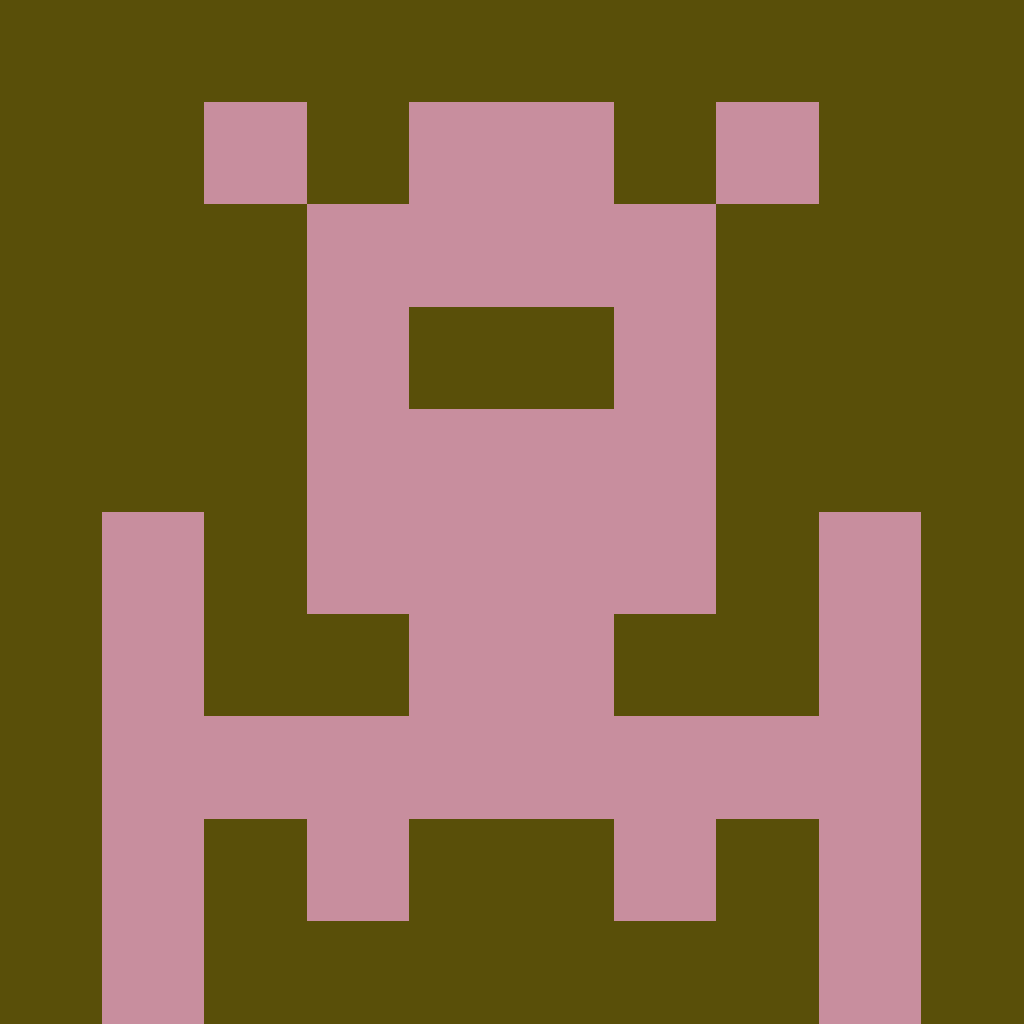Disciplining Progress: The Unseen Power of Literature

In a world rapidly advancing through technological innovation, we often find ourselves enthralled by the scientific breakthroughs that shape our reality. However, beneath this relentless pace lies a void of understanding, ethics, and purpose. As we hurtle towards a future defined by efficiency and utility, it's imperative to revisit the role of literature and the human sciences in giving meaning to our place within the cosmos.
Critics argue that instrumentalism, driven by scientific progress, has relegated disciplines like literature to the fringe. Yet this oversight neglects the profound impact of art, philosophy, and sociology in illuminating the intricacies of existence. Literature disrupts the silence surrounding existential questions, engaging us with the complexities of human experience through narratives that spark reflection, ambiguity, and empathy.
In the context of our modern era, which prizes quantifiable outcomes and utility above all else, literature thrives as a realm of "uselessness." Poems do not solve mathematical equations, but they inspire; novels don't heal disease, yet they touch hearts. To value such "uselessness" is to acknowledge their power in speaking directly to the human condition – love, despair, hope, and longing.
Similarly, disciplines like history and sociology challenge the technocratic view of the world by revealing the tapestry of culture and relationships that underpin our collective existence. They remind us that technologies are not neutral instruments but instead become part of a broader narrative of human connection or alienation. A smartphone, for instance, may be an incredible technological achievement, yet its pervasive presence can also breed isolation.
It is crucial to recognize the limitations of purely scientific knowledge without acknowledging the essential role literature and the human sciences play in adding depth to our understanding. By highlighting the intricate webs of meaning and context that frame human experience, these disciplines correct for the technocratic tendency to homogenize life into a mere collection of algorithms and efficiency metrics.
Humanity stands at the cusp of an existential crisis as we grapple with new technologies and reevaluate the costs of progress. Natural sciences have undoubtedly advanced our knowledge, but this progress also raises concerns about environmental degradation, ethics, and the commodification of existence. Here, literature and human sciences act as corrective lenses, illuminating not just what is to be achieved but who we are in the face of such advancements – what kind of beings want to inhabit a universe whose secrets they've unlocked.
The intersection between art and scientific inquiry demonstrates the value of interdisciplinary dialogue and holistic understanding. Philosophy plays a pivotal role here by probing fundamental questions about knowledge, ethics, and existence that science may not always pose explicitly. Thomas Kuhn's concept of paradigm shifts reveals how scientific thinking is inextricably linked to literary narrative structures – showcasing that truth itself is socially constructed.
When we consider the question of meaning, it becomes apparent that while natural sciences illuminate "what" and "how," literature and human sciences occupy the realms of "who" and "why." What does humanity signify within the cosmos? Why do we endure and create? These profound questions must be answered through our shared stories, experiences, and philosophical insights – realities best captured by art.
Ultimately, the distinction between literature and scientific inquiry is not one of competition but complementarity. Science provides us with tools to explore our physical world, while literature and human sciences help us navigate our individual lives, social contexts, and existential narratives simultaneously. To disregard either perspective is to abandon a profound aspect of human complexity.
Science and technology hold immense potential for our progress, but the full picture they paint requires an ethical depth rooted in literature and human sciences. By embracing this symbiosis between precision and poetry – efficiency and empathy – we can chart a future that values being over doing, knowledge above mere utility, and wisdom beside science as coequal companions of a truly humane civilization.
Subzar Ahmad is a Lecturer in Urdu at the Department of School Education, Jammu & Kashmir. Reach him via email at subzarahmad@gmail.com
